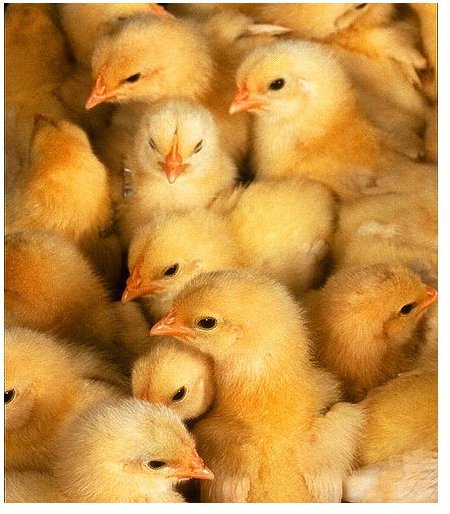Raising Organic Chickens and Tips on How to Raise Organic Chickens
Are the Chickens Raised for Egg or Meat Production?
Before selecting what to feed the flock when raising organic chickens, determine the end goal. Are you raising chickens for egg production, meat, or both? The answer is one key to determining the appropriate feed program for the chickens.
What are the Best Breeds and Ages for Raising Chickens?
Poultry breed and age are the second factor to consider when determining the proper diet for organically raised chickens. Different breeds require differing formulations, and chicks need higher protein levels than adult birds.
From 6 to 14 weeks chickens need food comprised of 17% to 20% protein, while older poultry needs 14% to 17% protein to guarantee egg production, correct health, and growth. Worms and yellow jackets are natural sources of high protein and easily obtained through forage. Grass and other foods foraged from nature are also necessary when feeding organically raised chickens.
Should You Use Store-Bought or Homemade Feeds when Raising Chickens?
The final decision is whether to purchase certified organic feeds and grains, or mix your own feed. The benefit to formulating your own is the control maintained over the flocks’ meals and nutrition. Food is fresher and more nutritious, but the disadvantage is the cost may be higher and it is time-consuming.
Should you chose to purchase feed, you have the assurance organic feeds and grains are nutritionally balanced, prepared under rigorous manufacturing standards, and cost effective because of mass production techniques. There will not be any growth hormones or antibiotics. Prepared feeds require proper storage to prevent spoilage and waste.
How to Ensure Proper Nutrition in Organic Chicken Raising
Poultry need essential amino acids like those found in grains and beans. Good choices to feed organically raised chickens are: organic corn, buckwheat, and field peas. Other grains like oats, alfalfa seeds, rye, and flax are other good choices but should be used in moderation to prevent nutrition imbalances. Rye, for instance, can inhibit growth while oats are very fibrous. Soybeans are good sources of protein and essential amino acids but there is some controversy about their safety. Research both sides of the questions, analyze the facts, and decide for yourself.
In summary, after you decide what your goal is for the flock, choose your breeds, and select your feed supplier or line up your recipes, you are ready for feeding and raising organic chickens in your backyard. Your reward will be delicious organic eggs or tasty broilers for the family table.
For more information on what to feed organically raised chickens, please check out these resources:
Photo Credit: https://www.flickr.com/photos/royalty-free-images/139138905/
